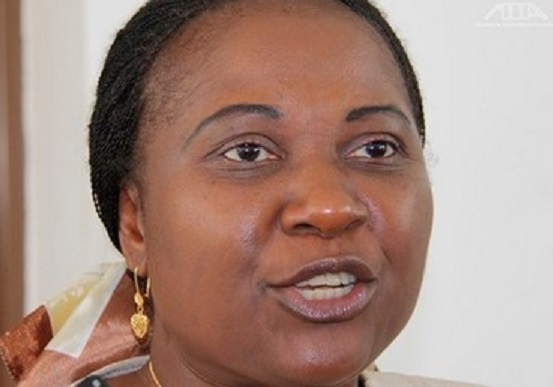Mozambique: Shortage of foreign currency undermines productive sectors – CTA | AIM report
302,000 jobs generated in Mozambique in 2015, government says

AIM (File) / Minister of Labour, Employment and Social Security, Victoria Diogo.
More than 302,000 jobs were created in Mozambique last year as a result of investment by the government, the private sector and international agencies.
The figure was released yesterday in Maputo by the Minister of Labour, Employment and Social Security Vitoria Diogo during an event promoted by the National Institute of Employment and Vocational Training (INEFP).
The INEFP course brings together twenty representatives from several regions of Cabo Delgado, including Palma, Chiure and Montepuez, and is a partnership between the Mozambican government and the South Korean International KOICA Agency organized by the International Labour Organization (ILO).
The training is part of the government’s effort to ensure the sustainability of ongoing external and internal investments and increase employment by up-skilling local workers.
Minister Diogo said that the training course aimed to serve anchor projects such as the research and exploitation of natural gas in the Rovuma basin, requiring a spirit of entrepreneurship from trainers and adding to the value chain.
“Today’s leaders must be able to shape the minds of their students when it comes to employment. A person who knows carpentry and earns a livelihood with the result of this activity can not be considered unemployed, because having a job does not happen only when one is engaged in a wage situation,” the minister said.
The meeting aims to teach 20 INEFP trainers the ILO-developed TREE methodology, which aims to empower rural communities by making sure their training is linked to economic and employment opportunities and relevant to disadvantaged target groups such as poor women and people with disabilities.
The methodology is being deployed for the first time in Mozambique in an ILO project using a US$1.8 million grant from KOICA and INEFP is the implementing agency.
The project, which began in October 2014 and will be completed in August 2017, covers 1000 disadvantaged young people in rural Cabo Delgado communities in the Palma, Montepuez and Chiúre districts. By the end of the project, it is estimated that 700 of these young people will have obtained or created a job.













Leave a Reply
Be the First to Comment!
You must be logged in to post a comment.
You must be logged in to post a comment.